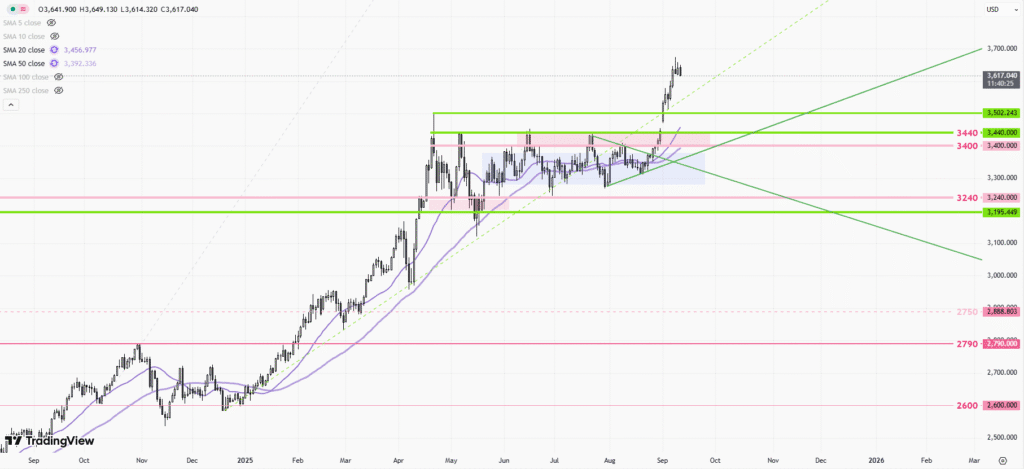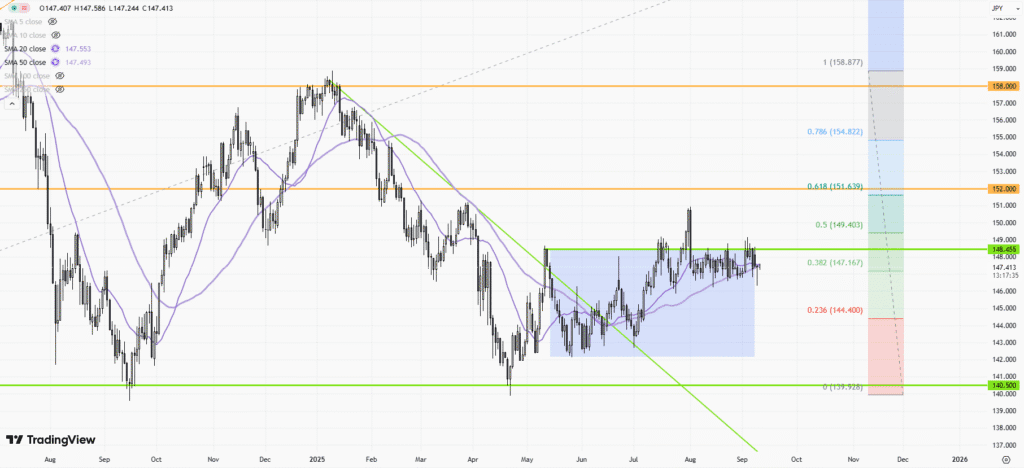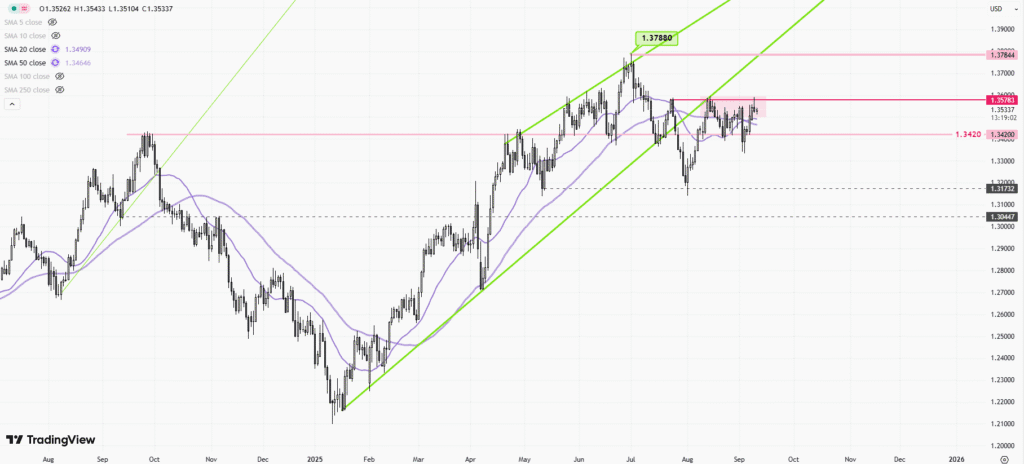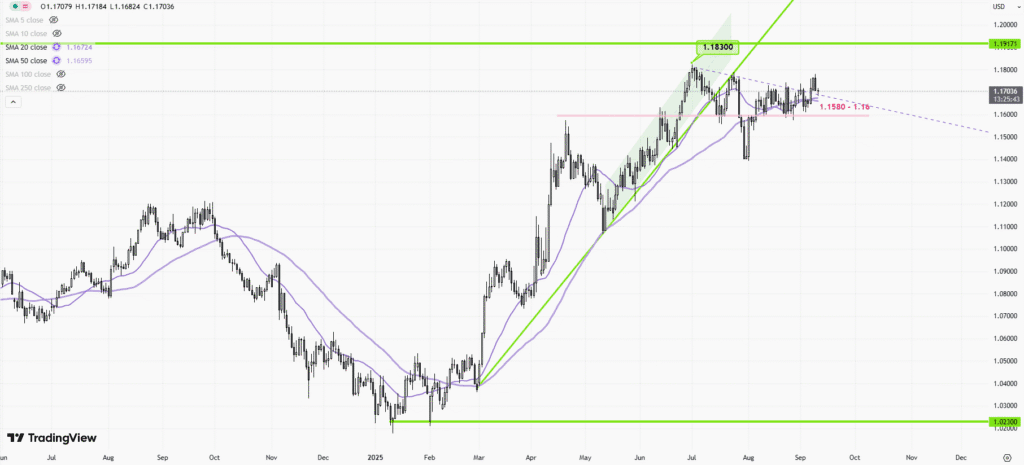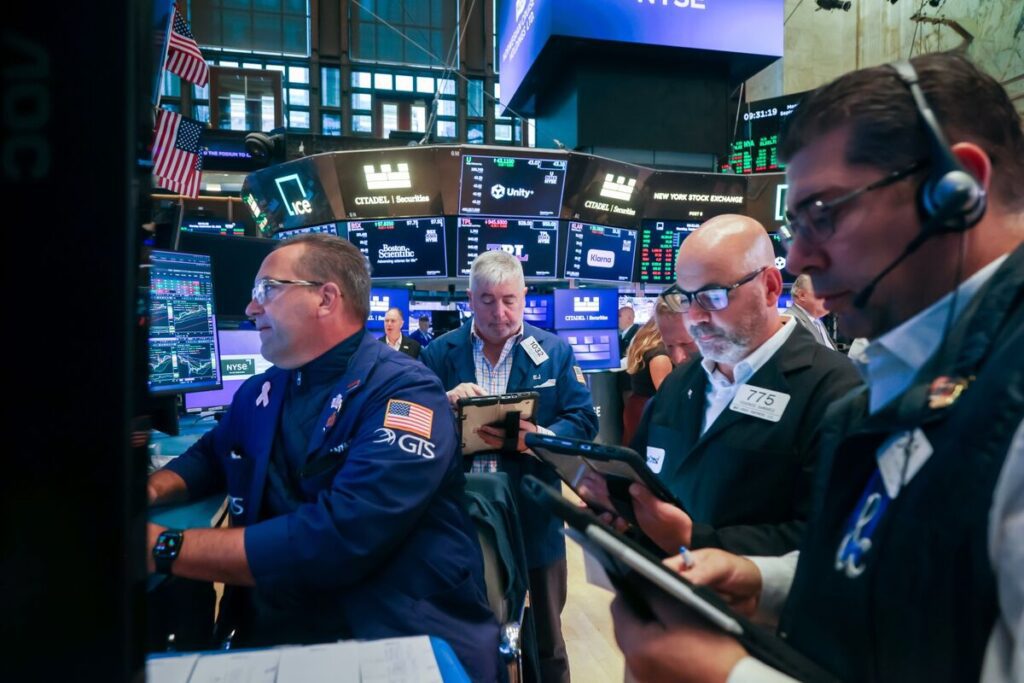 |
| Gold V.1.3.1 signal Telegram Channel (English) |

How Coach’s Growth Powers Tapestry Amid $1.6 Billion Tax Warning and Brand Challenges
2025-08-18 @ 02:00
Tapestry, Inc., the parent company known for luxury brands such as Coach and Kate Spade, has recently garnered significant attention following a major earnings announcement and a related tax warning that rocked its stock price. Despite company-wide growth, a tax dispute has sparked investor concern and driven notable declines in Tapestry’s market value.
Tapestry posted impressive financials in the latest quarter, with total revenue reaching $1.7 billion—a year-over-year increase of approximately 8%. For the full fiscal year, the company recorded $7 billion in revenue, marking a steady 5% growth. The clear driver behind this performance is Coach, which continues to shoulder the group’s overall success. Coach’s revenue rose 14% year-over-year in the fourth quarter and climbed 10% across the fiscal year, a notable result amid ongoing economic uncertainties.
Coach now contributes close to 80% of Tapestry’s total revenue, underscoring its prominence within the portfolio. In the latest fiscal year, Coach delivered $5 billion in sales, a marked improvement from relatively modest gains in previous years. The brand’s momentum is particularly remarkable given the relative struggles of its sibling labels: Kate Spade’s sales fell 13% in the fourth quarter and ended the year 10% down, while Stuart Weitzman saw continued underperformance, prompting Tapestry to divest the brand entirely.
A significant component of Coach’s resurgence lies in its ability to capture new, younger customers. In North America alone, nearly 900,000 new Coach customers emerged in the most recent fiscal quarter, with over two-thirds hailing from Gen Z and millennial demographics. The brand’s popular Tabby and Brooklyn handbags consistently rank among the most sought-after products, propelling Coach to become the second-largest player by market share in the U.S. luxury handbag category, overtaking Michael Kors.
Such growth has not gone unnoticed by the broader market. Analysts have praised Coach’s agility, particularly its inventory strategies and ability to anticipate macroeconomic headwinds such as tariffs. While the luxury retail space remains fiercely competitive, Coach’s targeted marketing and renewed product appeal have driven tangible bottom-line results.
However, this positive narrative has been shadowed by a recent tax warning: Tapestry disclosed a potential tax penalty or settlement that could reach as high as $1.6 billion. The dispute, reportedly related to tax matters in China, reflects increasing scrutiny from international authorities over multinational corporate tax practices. While the company has stated its intention to contest the charges and cooperate with relevant agencies, investors have responded with caution. News of the potential liability triggered a pronounced 14% drop in Tapestry’s stock price in a single session, as markets weighed the financial and reputational risks.
The situation highlights two realities: the strength and resilience of Coach as a growth engine within Tapestry’s portfolio, and the evolving risks global brands face as they navigate complex regulatory environments. For Tapestry, the coming months will depend on how management steers through the tax controversy while maintaining growth momentum.
Looking ahead, Tapestry is betting on Coach and its renewed favor with younger consumers to lead the way. The company’s divestment from underperforming brands like Stuart Weitzman signifies a sharper focus on core strengths. At the same time, persistent challenges for Kate Spade underscore the need for strategic turnaround initiatives beyond Coach’s continued expansion.
Investors and industry observers will closely monitor several factors in the coming quarters:
- The outcome of Tapestry’s ongoing tax dispute and its impact on the balance sheet.
- Coach’s ability to sustain double-digit sales growth, particularly if consumer spending softens in key markets.
- Whether Tapestry can revive Kate Spade or choose to further streamline its brand portfolio.
For now, Coach stands out as both a shield and a spear for Tapestry: driving robust growth and offsetting the weaknesses of its sister brands, even as corporate risks and external pressures challenge the group’s outlook. The unfolding story will offer valuable lessons for investors and business strategists in the luxury sector—underscoring the importance of focus, adaptability, and vigilance in a rapidly changing global market.


